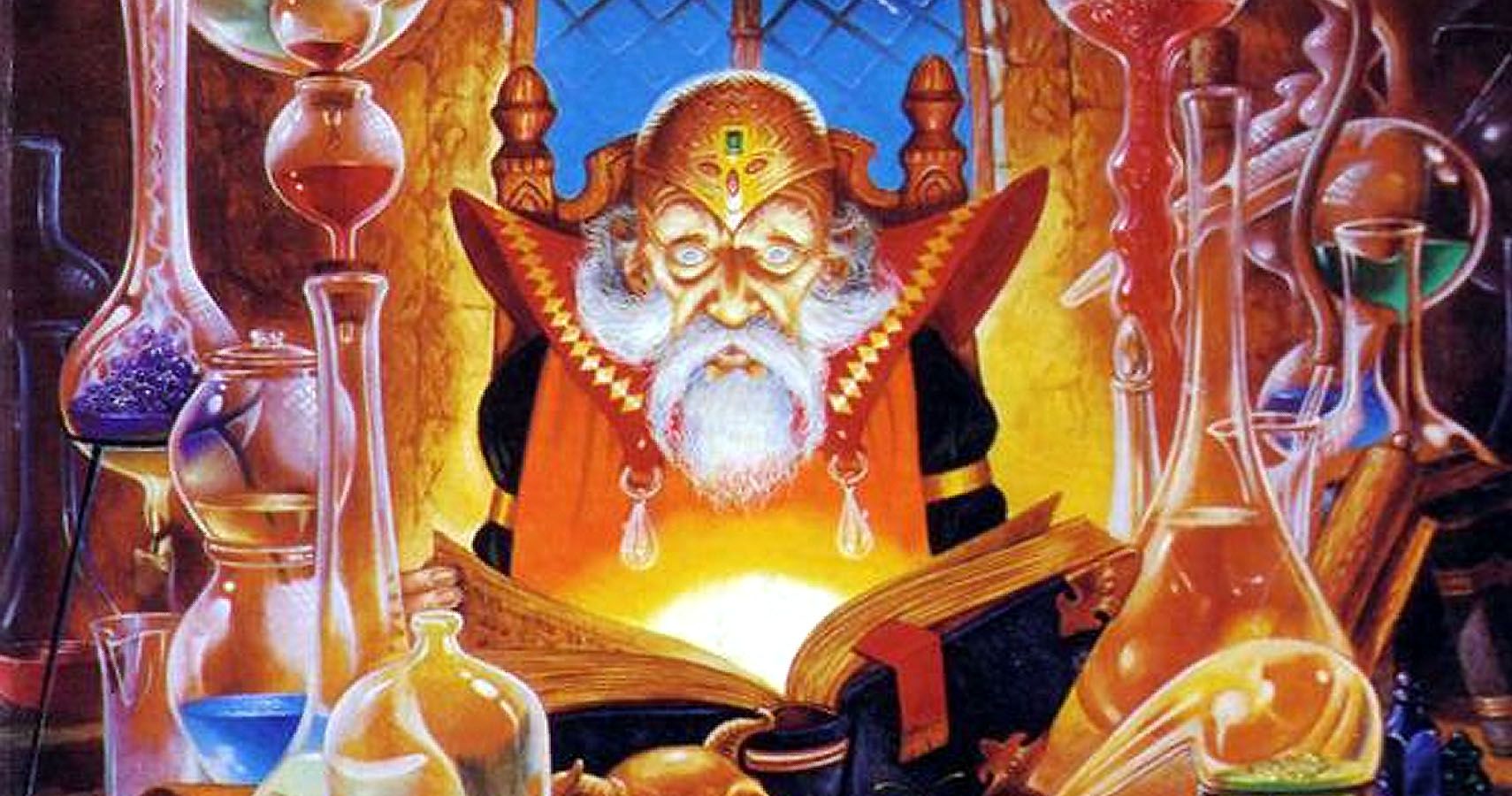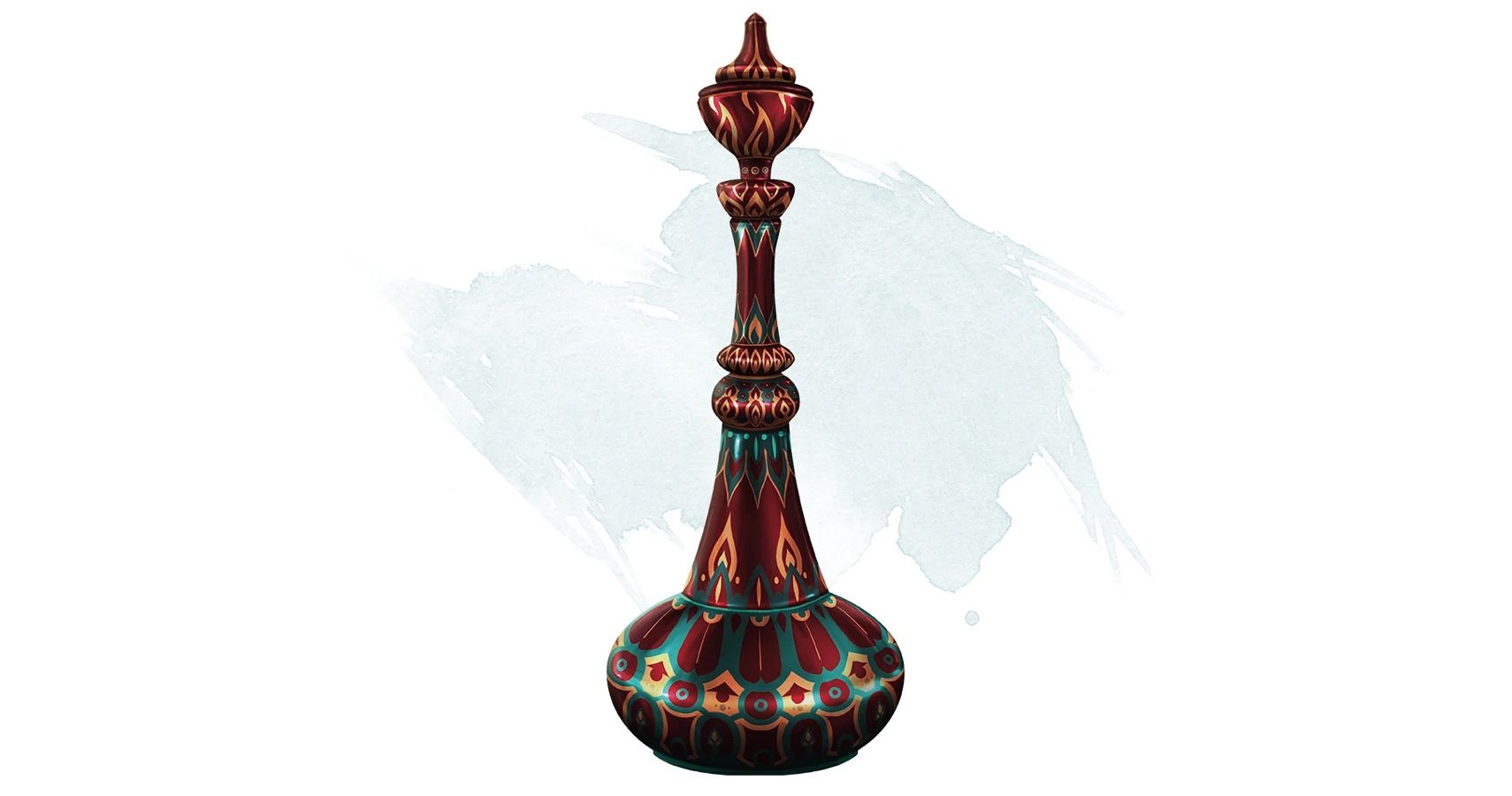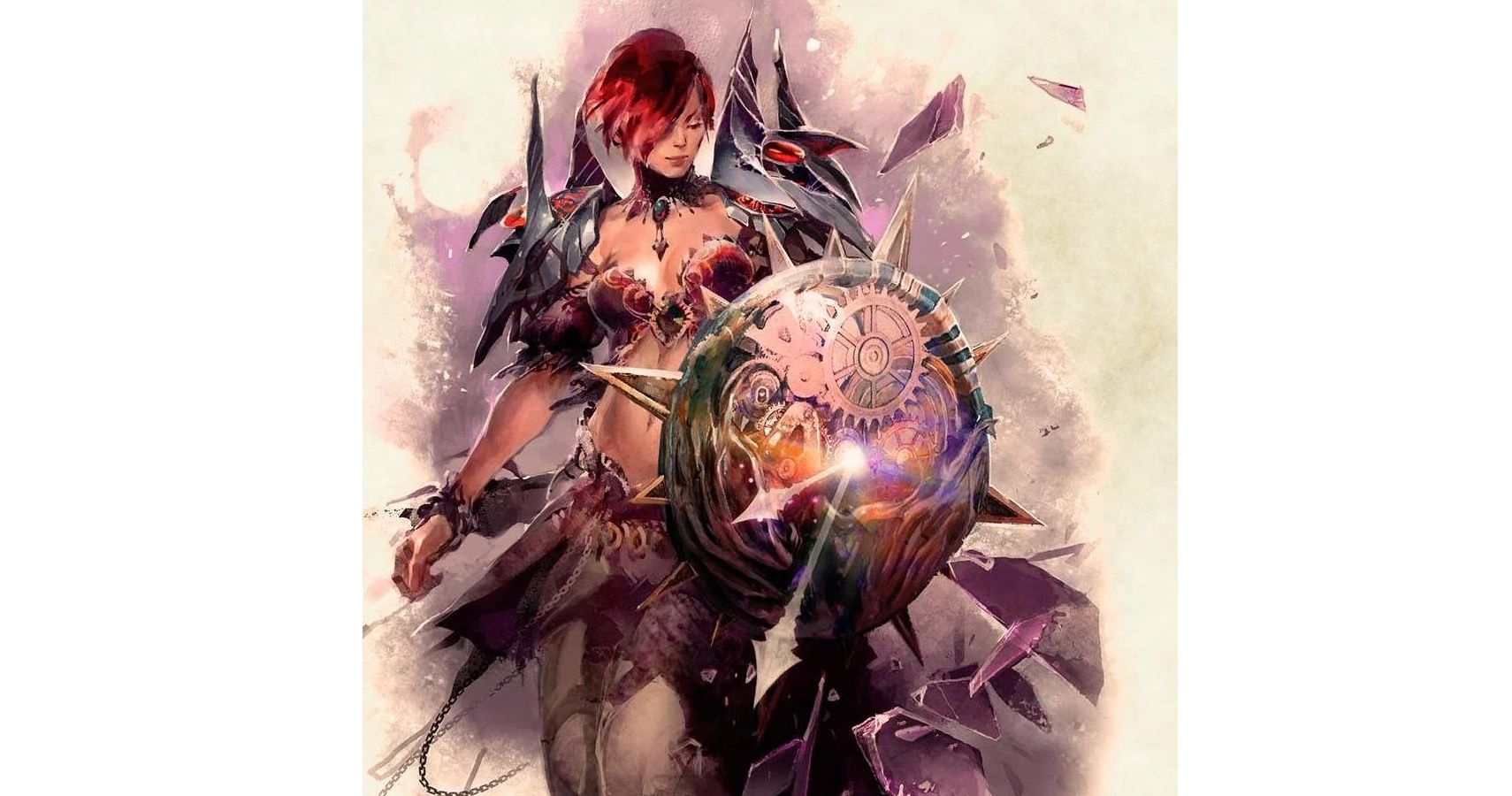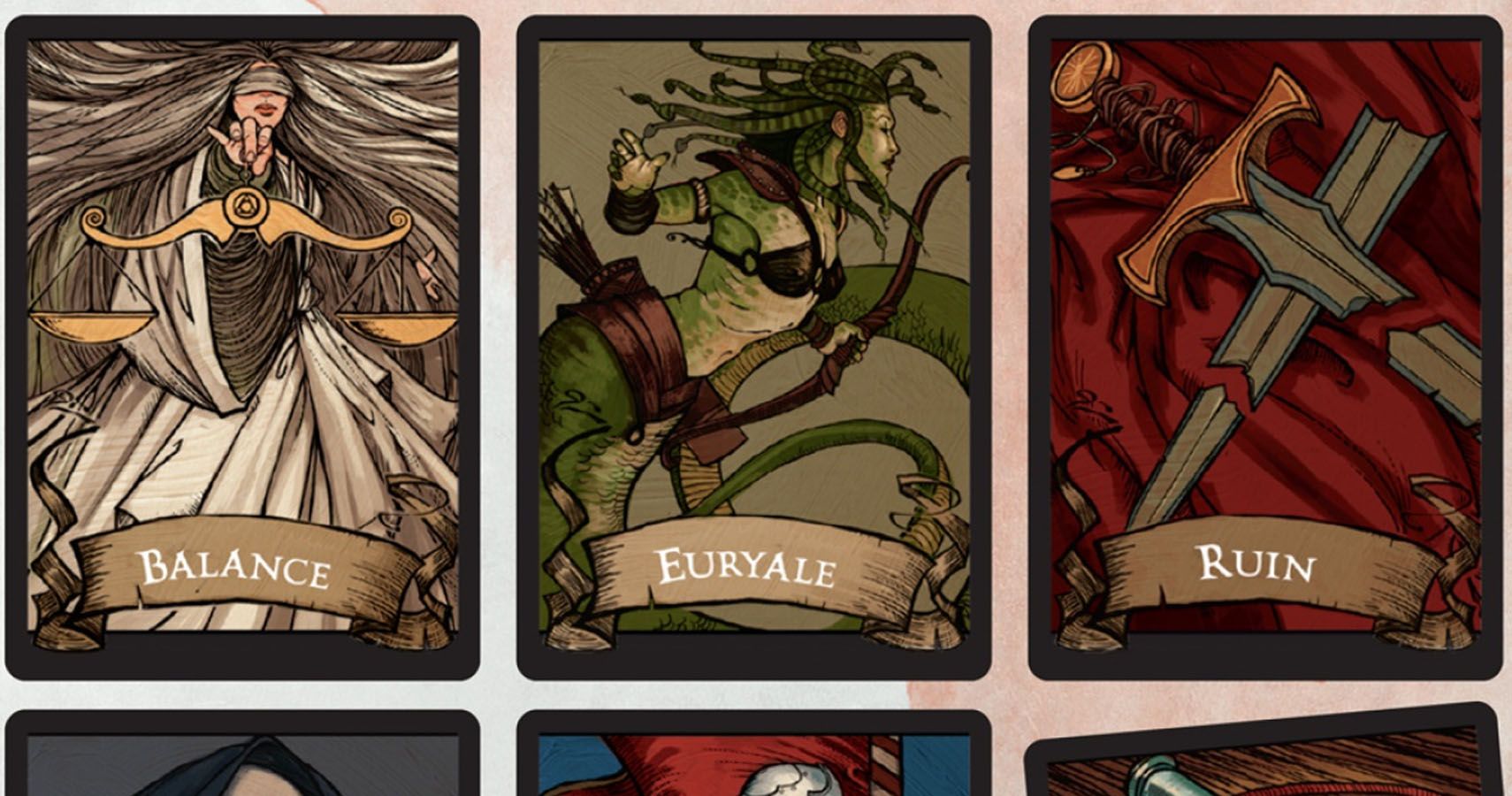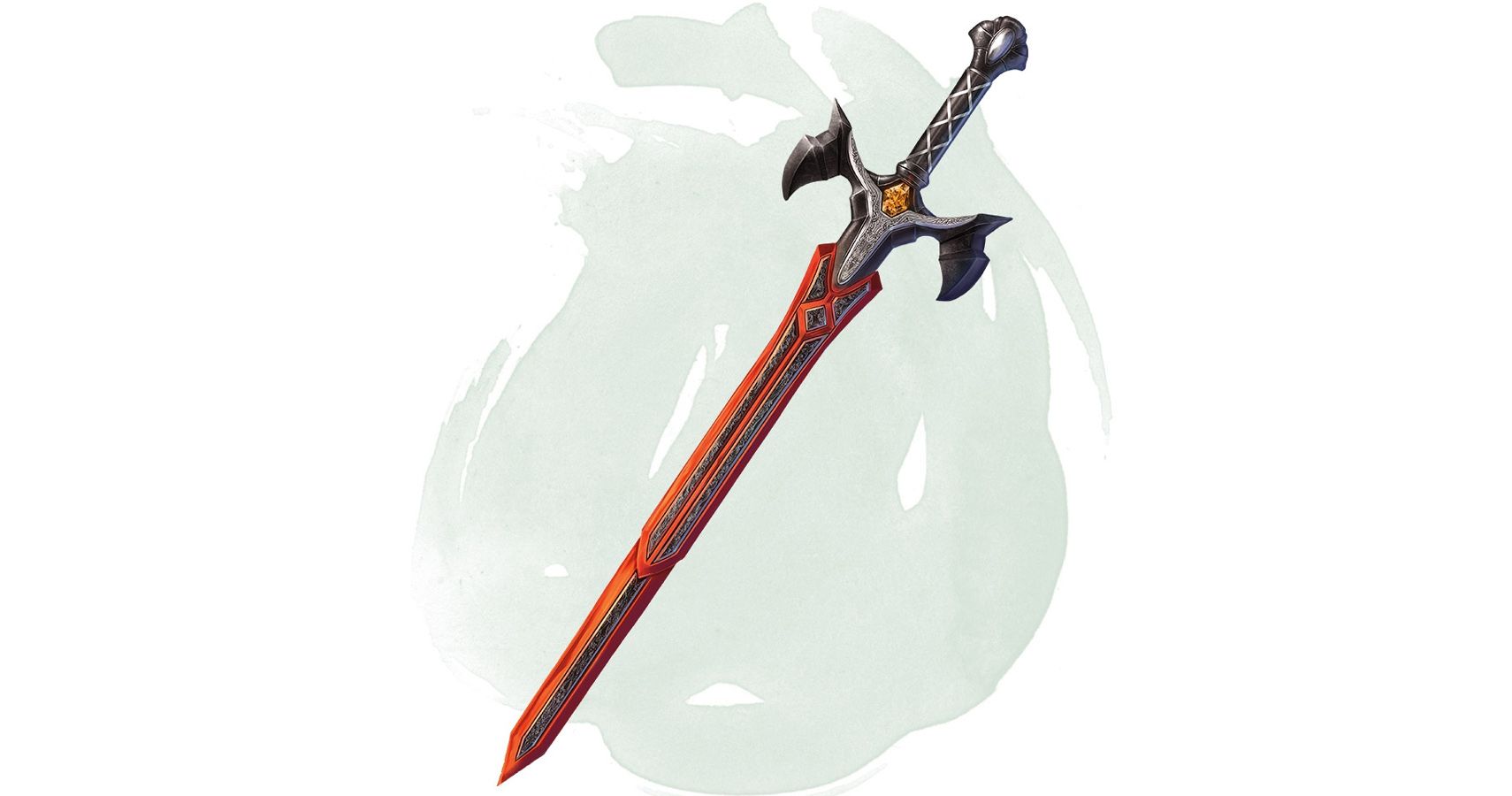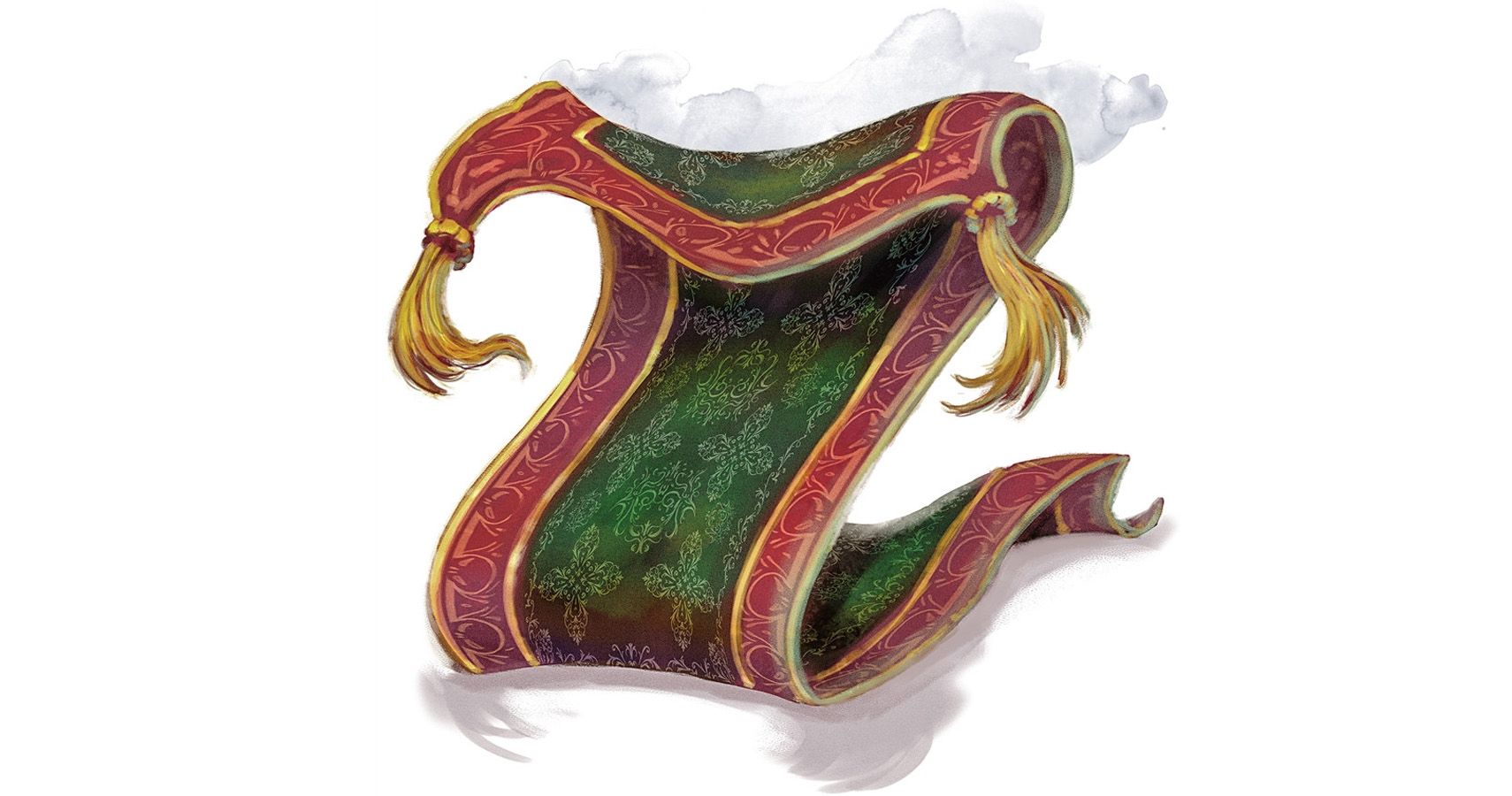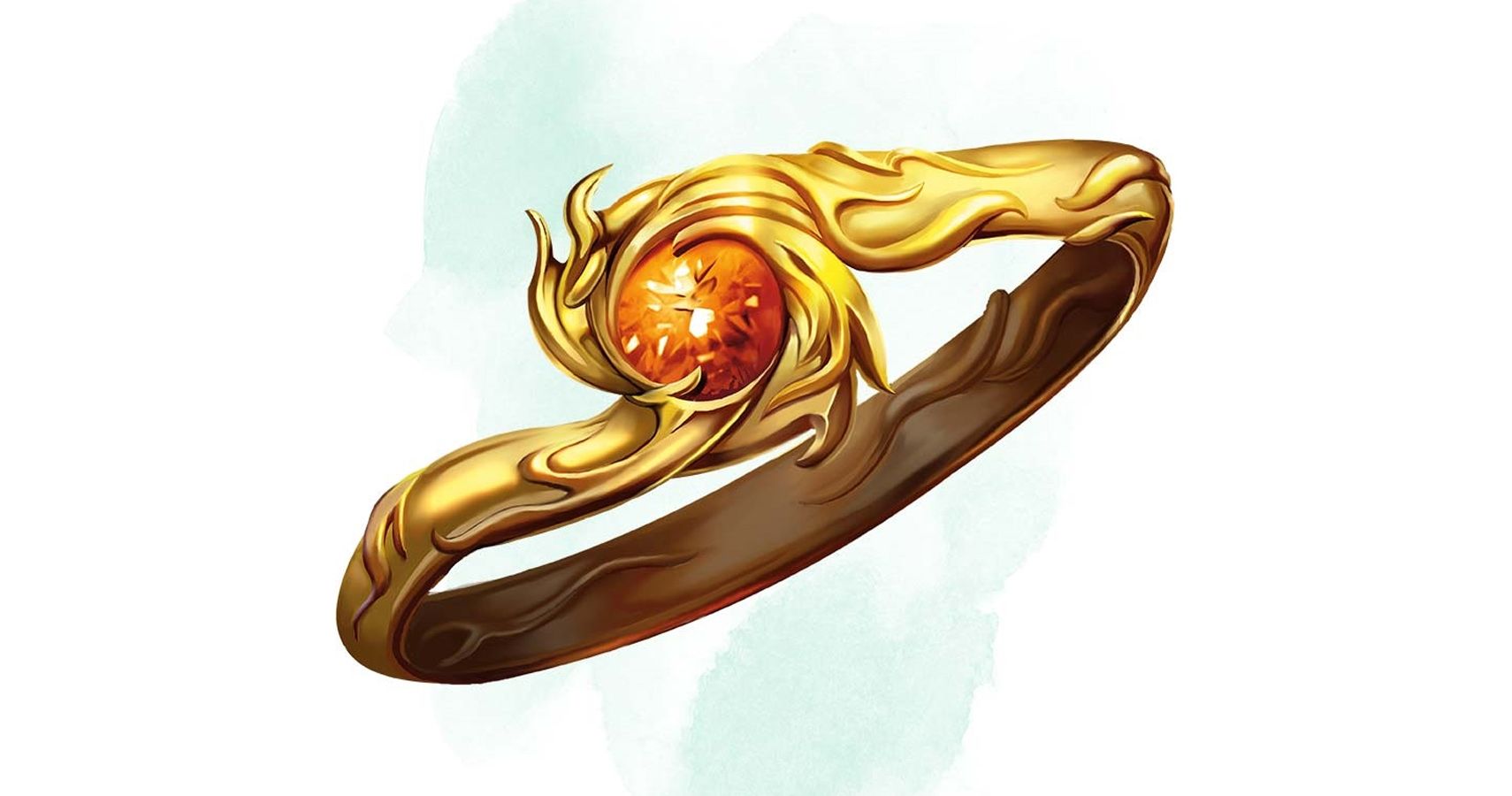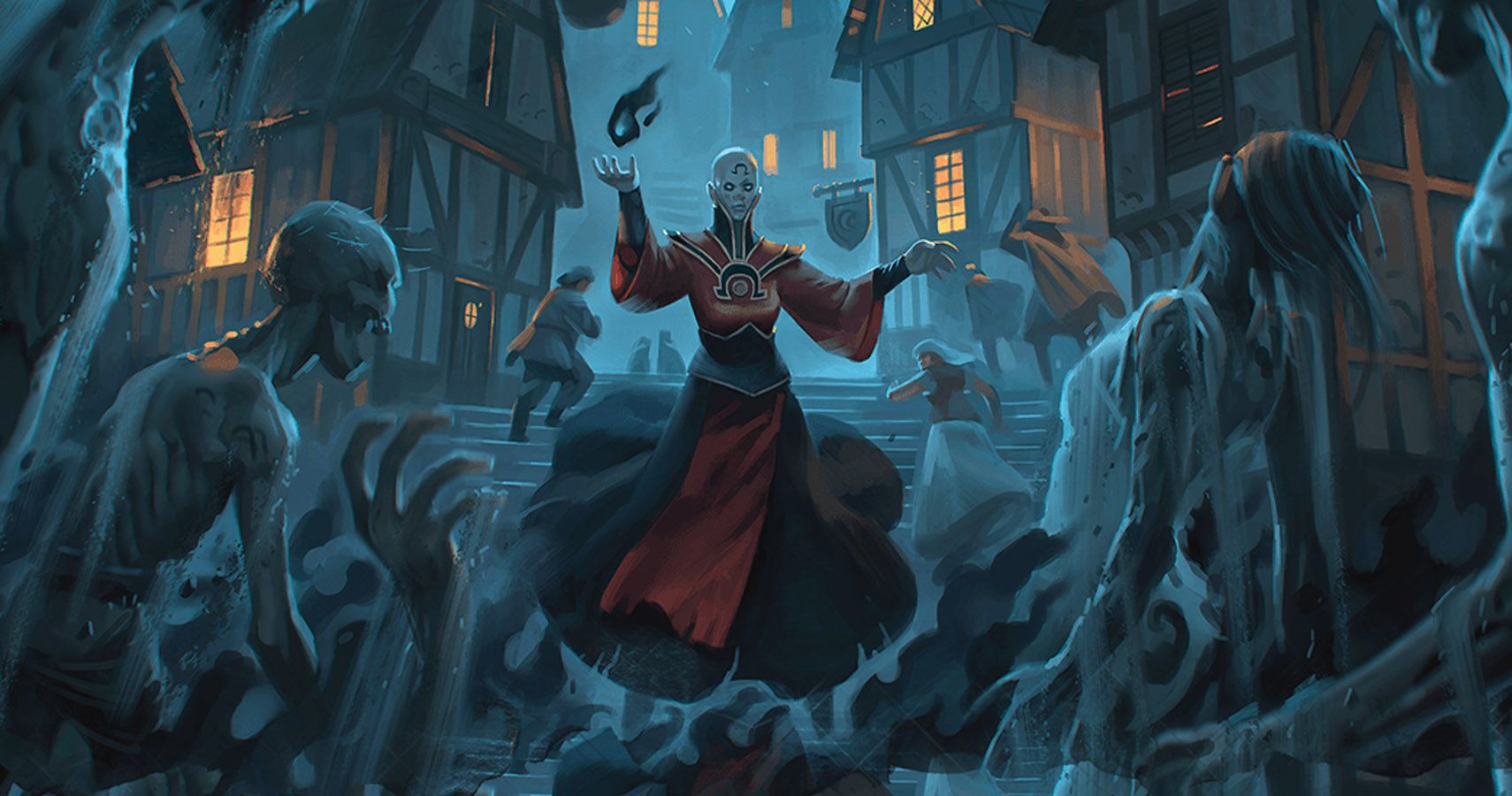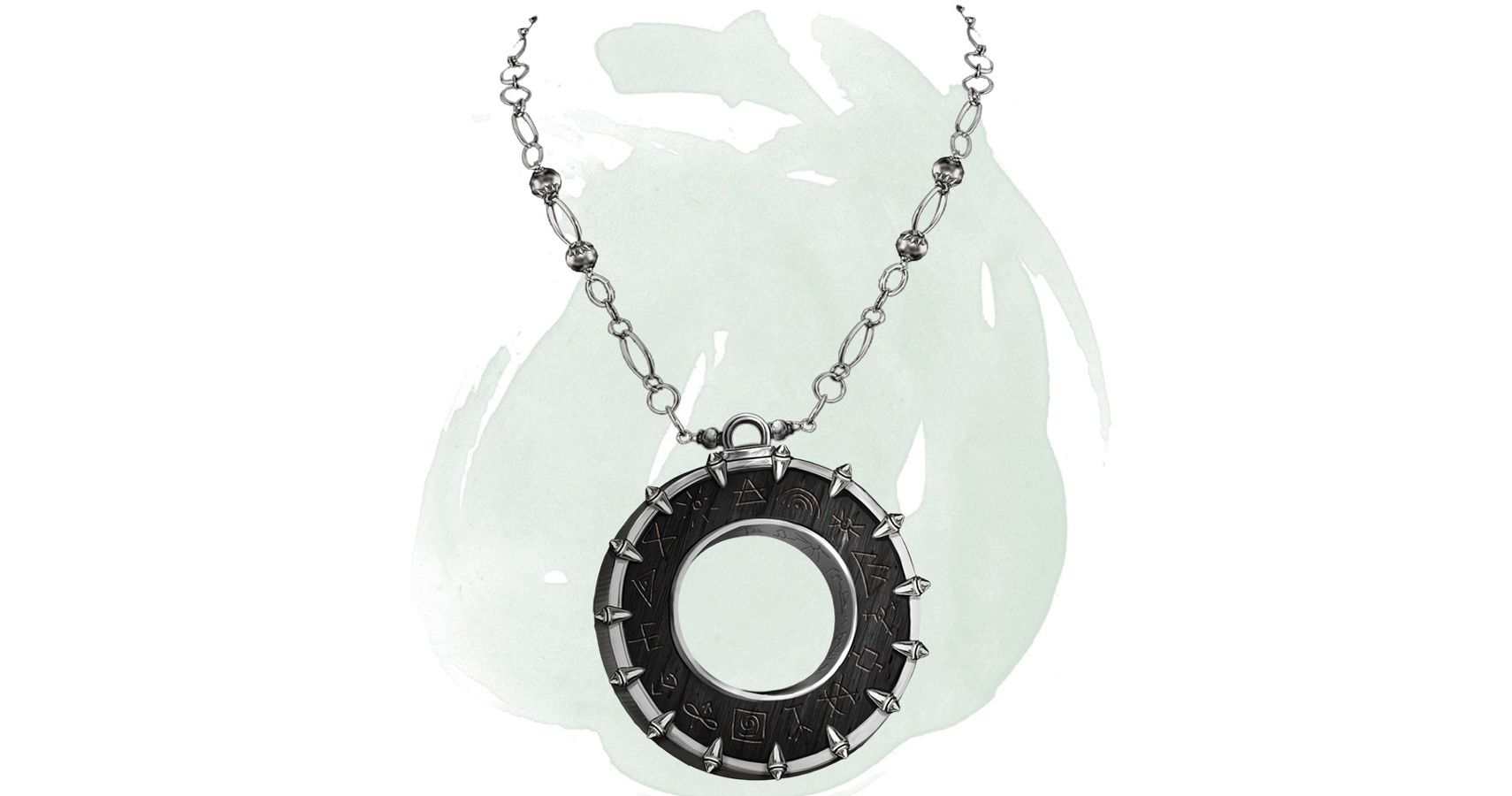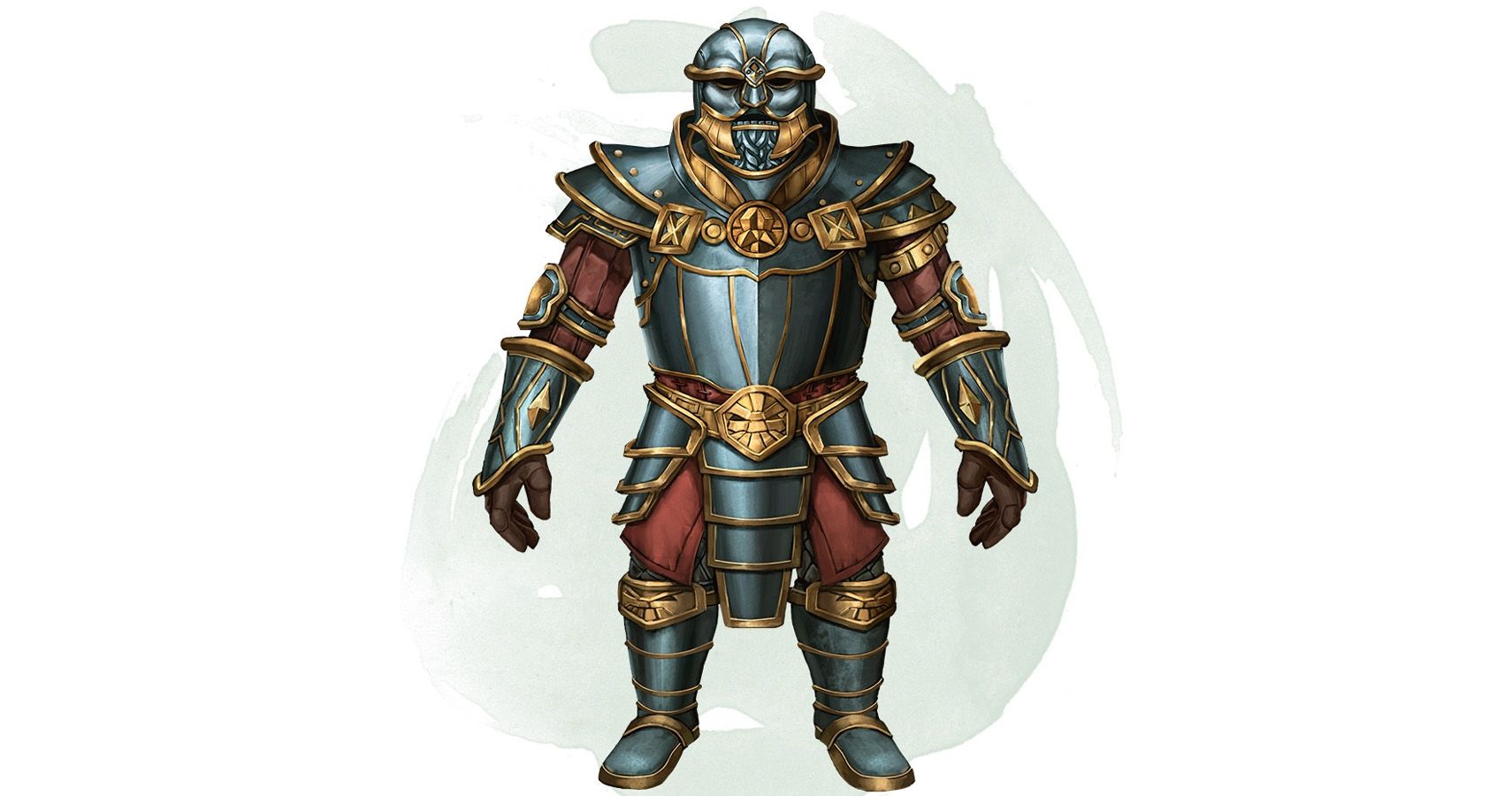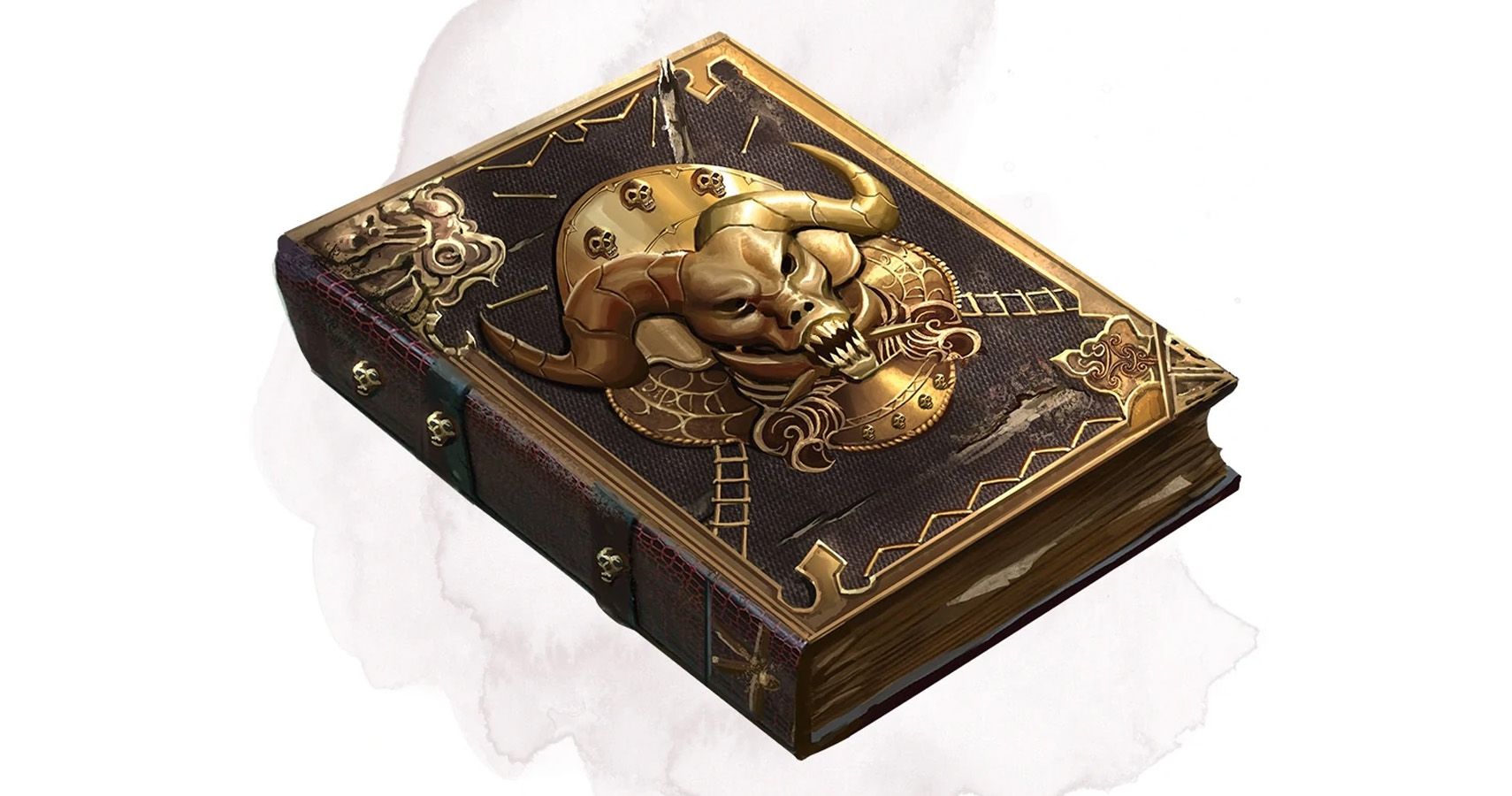In Dungeons & Dragons, a rookie DM often make the mistake of giving the party an item that is way too powerful. The players will love the DM for this, but very shortly afterward the DM will realize they made a huge mistake. The items in this list should never be given to a party; at least not until they reach very high levels (15+).
Should a DM decide to give the party one of the items listed below, they should at least put some restrictions on them. Good examples of these restrictions are; the item only operates while bathed in the light of a blue moon, or when on ground consecrated to a particular god. Adding restrictions will allow the DM to decide how and when these items can be used.
10 Any Item That Grants Wishes
This is probably the one power all players want – the ability to have any wish granted. This will screw up a DM’s adventure faster than any item in this list though. Sure, DMs are instructed to examine the wording of the wish to pervert its intent.
If a player wishes for levels, the obvious solution is to have several high level monsters appear around the party; the logic being that if the party wins, the experience from the encounter will advance the party members in level. Sometimes players are clever enough to word their wish in a way that doesn’t allow the DM to alter the intent of the wish.
9 Any Item That Controls The Flow Of Time
There’s a reason that Time Stop and Reverse Time are high level spells – the ability to control time is exceedingly overpowered. The power to control time can make the most difficult of fights as easy as defeating a group of kobolds. By stopping time, a party could kill a powerful opponent before that opponent even has a chance of acting. Reversing time could allow the players to replay a turn until the enemy fails a crucial saving throw. Items that grant influence over time not only take away the challenge for the players, but take away the DM’s ability to control the game.
8 Deck of Many Things
These can grant wishes. That alone is enough of a reason not to give them to a party. Many of the results from drawing from this deck can also devastate a party in minutes; instantly putting an end to a fun night of gaming. If a DM gives the party a Deck of Many Things the focus of the gaming session will become the cards – the adventure will suddenly be put on hold. When a player inevitably gets a negative outcome from drawing, like losing everything their character owns, the DM will get the blame. This item can also cause discord among the players when one player gets wishes, and another gets trapped in an extra-dimensional space.
7 A Vorpal Blade
The party has been campaigning for months, and has finally confronted the final boss. The fighter of the party swings his/her vorpal blade and gets a 20 on the roll. That’s about as anti-climactic as it gets. A lot of DMs might mistakenly think a vorpal blade’s powers aren’t that overpowered since it requires rolling a natural 20 to take effect.
There are always ways to get around the rules for players though. The Lucky feat, which allows for two rolls of a d20, can be exploited to give the wielder of a vorpal blade an increased chance to roll a 20.
6 Any Item That Allows The Entire Party To Fly
A prime example of this type of item is a flying carpet. Players will use items like these to circumvent the journey an adventure requires and go to straight to the end to confront the final boss. The DM will realize giving this item to a party was a mistake when they use it to easily defeat most non-flying enemies. Why stay on the ground and fight the orcs when the party can use distance weapons and spells from a safe distance overhead? Suddenly fights become nothing more than free treasure and experience for the party.
5 Any Item That Gives Immunity To A Damage Type
Items of resistance to certain damage types, like fire or cold damage, are not that powerful. However, items that give complete immunity to damage types are too powerful, and should never be given to party members. One consequence a beginner DM might not think about when giving an item that grants immunity to a damage type is the extent items such as these can limit what types of monsters they can effectively use. Part of being a successful DM is maintaining a balance of combat effectiveness among the party; items like these will cause a severe imbalance.
4 Any Item That Gives Players Control Over A Powerful Enemy
Clearing out a dungeon is a whole lot easier when you can simply force a dragon to do all the fighting for the party. Any item that gives control over creatures such as dragons, fiends, or greater undead are too powerful for a party to possess.
Much like items that make players immune to certain damage types, items like these limit the DM when deciding what creatures to have the party fight. If a DM gives the party an item that allows them to control golems, then any encounter involving golems is going to be far too easy.
3 Amulet Of The Planes
This isn’t that powerful of an item - it won’t allow for easy victories. That’s not why giving this item to the party is a bad idea. The problem with giving a party this item is similar to the problem of giving them a Deck of Many Things. The adventure will immediately grind to a halt. Whatever quest the players were on will soon be forgotten as they decide to start a plane hopping campaign. Plane hopping campaigns can be fun and memorable, but all the hard work the DM put into the night’s adventure will now go to waste.
2 Any Item That Gives Immunity to Non-Magical Weapons
The reasons for not giving a party member an item that makes them immune to a certain damage type goes double for this type of item. If a DM thought it was a headache trying to run an adventure when one party member is immune to fire, and another is immune to electrical damage, then this type of item will give them Excedrin headache #2000. Making a character immune to non-magical weapons is basically turning them into Luke Cage. Of all the items in this list, this is the last one a DM should consider giving to a player.
1 Any Artifact
Pay attention DMs…never, under any circumstances, give the party an artifact. They are not only incredibly overpowered, but the curses that come with them can destroy a party. Most artifacts will unbalance the game to the point that the party will be able to effortlessly defeat most enemies. The only time a party should have an artifact is if they are on a quest to destroy it, and the artifact is temporarily disabled somehow. In other words, use an artifact only as a plot device. There is a reason the rules specifically tell the DM not to include artifacts in their adventures.

